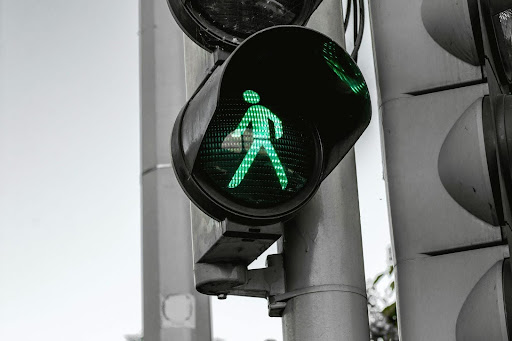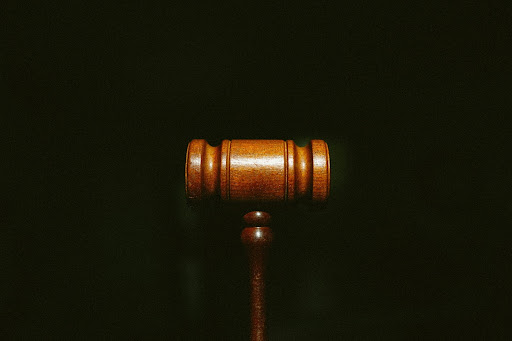Drug addiction is a complex and far-reaching issue that touches the lives of countless individuals globally. While it might be tempting to oversimplify addiction as a mere matter of willpower or personal choice, experts who work closely with those battling addiction have a more nuanced perspective. In this article, we’ll look into what these professionals want you to know about drug addiction, shedding light on the multifaceted nature of the problem and the crucial role that professional assistance plays in the journey to recovery.
Local Recovery Resources in Los Angeles
If you or someone you know is facing drug addiction in the Los Angeles area, it’s crucial to understand that overcoming addiction is rarely a solo endeavor. It’s uncommon for a person struggling with substance abuse to successfully conquer it on their own. Local professionals emphasize the vital importance of seeking specialized guidance. Addiction is a disease that profoundly impacts brain function and behavior, making it exceedingly challenging to break free without appropriate support. Skilled experts, including therapists, counselors, and medical doctors, possess the expertise and tools needed to navigate the intricate aspects of addiction, providing tailored strategies for successful recovery.
Navigating Detox Centers in the Los Angeles Area
For certain substances, attempting to quit abruptly can be not only overwhelming but also hazardous. This is where Los Angeles area detox centers come into play. Detoxification is the process through which the body eliminates accumulated toxins from substance use. During detox, withdrawal symptoms can range from discomfort to life-threatening situations. Detox centers offer a controlled environment where individuals can safely go through withdrawal under the supervision of medical professionals. This not only ensures physical safety but also increases the likelihood of a smooth transition into subsequent stages of recovery.
The nice thing is that plenty of detox centers are readily available in this area, and some may be conveniently located just around the corner from you. The Southern California region, including Los Angeles, Riverside, and even San Clemente, boasts a robust recovery community. This means that you can easily detox near Riverside, in LA, or closer to the beach in San Clemente. This supportive network makes it easy for locals to find nearby detox centers, groups, and other resources to complement the recovery journey.
A Little About Addiction’s Neurology
Misconceptions abound when it comes to addiction, with one prevalent fallacy being the belief that it’s solely a matter of willpower. Los Angeles mental health professionals want you to understand that addiction is deeply rooted in alterations to the brain’s structure and function. Repeated substance use reshapes the brain’s reward system, leading to dependence on the substance to experience pleasure or even a sense of normalcy. This rewiring of the brain’s circuitry is a primary reason why overcoming addiction is such a big challenge for many people. The idea of neuroplasticity is that the brain can change with the right inputs over time. So that even long-term addicts can recover and gain back some healthy pathways in the brain.
The Impact of Dopamine on Addiction
Dopamine, often referred to as the “feel-good” neurotransmitter, plays a central role in addiction. Substance use triggers the release of dopamine, inundating the brain with pleasurable sensations. Over time, the brain’s responsiveness to dopamine diminishes, resulting in a need for higher doses of the substance to achieve the same effect. This cycle of tolerance and dependence perpetuates addiction, making it increasingly arduous to break free without professional intervention.
Embrace Empathy and Support in the Los Angeles Community
Professionals in the field are committed to dismantling the stigma surrounding addiction. Viewing addiction as a moral failing or a display of weak willpower only hampers progress in understanding and addressing the issue. Reputable medical organizations, including the World Health Organization (WHO) and the American Medical Association (AMA), classify addiction as a chronic disease necessitating medical intervention. Just as with other chronic conditions like diabetes or hypertension, addiction calls for empathy, understanding, and access to suitable treatment options.
Professionals also emphasize the significance of a robust support system during the recovery journey. Family, friends, and the local Los Angeles recovery community can provide emotional support, understanding, and encouragement. Loved ones play a pivotal role in fostering a stable environment that reinforces an individual’s commitment to sobriety.
























